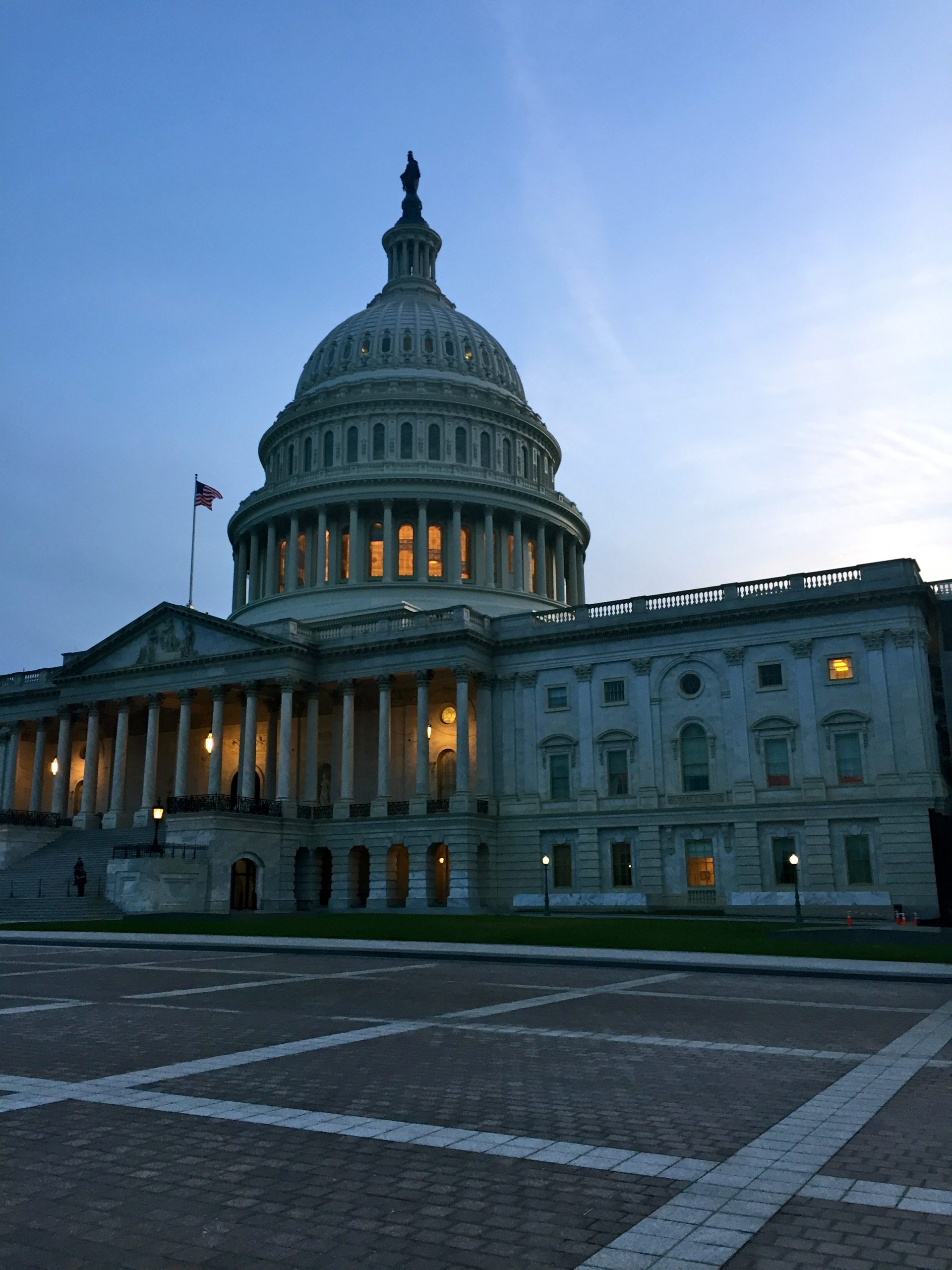Media Contact
Pete Thomson
Chief Communications Officer
American Medical Student Association
Email: pr@amsa.org
AMSA Response to President’s FY2019 Budget Request: Uphold Promises, Prioritize Health and Education
The administration’s budget request for the 2019 fiscal year does not reflect the same long-term prioritization of health and education echoed in last week’s short-term budget deal. This sharply contrasts what the President and Congress passed three days ago.
STERLING, Virginia— February 13, 2018 – Yesterday, the President released the administration’s official budget request for the 2019 fiscal year that stakes out a vision for funding allocations over the next ten years. The President’s vision prioritizes a budget that is defensive and militarized –including $23 billion for border security and a wall— over one that supports domestic programs for public health, health care, and public education.
AMSA is shocked about the proposed $203 billion reduction in higher education mandatory spending for student loan programs over the next ten years. This includes eliminating $128.4 billion from Income Driven Repayment programs in order to establish a restructured, single program where borrowers would pay higher monthly payments over longer payoff schedules. The budget also seeks to eliminate interest subsidization of undergraduate student loans, cutting $28.6 billion, and to eliminate the Public Service Loan Forgiveness program for new borrowers, cutting another $45.9 billion. Barriers to adequate student financial assistance disproportionately impact nontraditional students, students from underrepresented communities in medicine, and students with the most financial need. Smothering the nation’s supply of future physicians with educational debt to the point of eliminating pipelines into the profession will leave millions of Americans without doctors to care for them.
We are also deeply concerned with proposals to repeal the Affordable Care Act and slash $675 billion in health care funding to Medicare and Medicaid over a decade by reviving legislation that sought to end the Medicaid expansion, repeal marketplace subsidies, and end protections for Americans with pre-existing conditions. Despite increasing defense spending, the budget reduces non-defense spending by greater than forty percent over ten years. This would devastate agencies and programs in the Departments of Education and Health and Human Services, as well as other governmental divisions and programs like the Environmental Protection Agency, the Centers for Disease Control and Prevention, the National Institutes of Health, and the National Science Foundation.
Last Friday, we applauded many bipartisan compromises and provisions in the short-term signed budget deal that would ensure increased non-defense discretionary spending on health and education related programs through fiscal year 2018 and fiscal year 2019. This budget request flies in the face of those community values, undermining the work toward health equity and social justice. It displays marked shortsightedness in respect to the social determinants of health like poverty and hunger, access to affordable health care, and affordable, attainable education. We strongly urge Congress to propose something better that does not eviscerate domestic programs and the social safety net.
By: Daniel H. Gouger, MD, Education & Advocacy Fellow
About the American Medical Student Association:
AMSA is the oldest and largest independent association of physicians-in-training in the United States. Founded in 1950, AMSA is a student-governed, non-profit organization committed to representing the concerns of physicians-in-training. To learn more about AMSA, our strategic priorities, or joining the organization, please visit us online.
###

